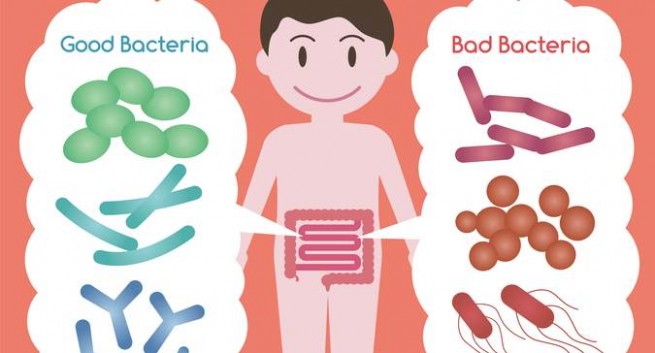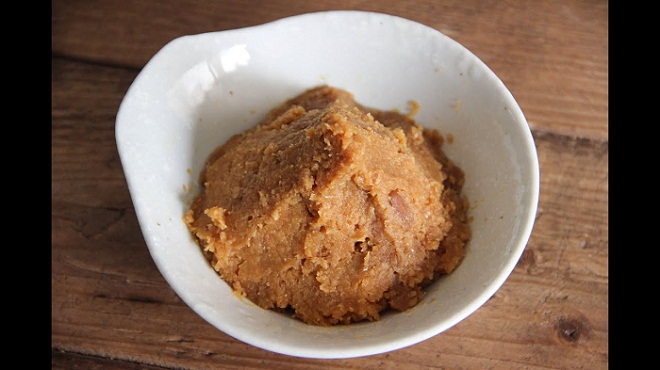Are You Consuming Enough Fiber
Fiber is a vital part of your daily nutrition. It helps in maintaining digestion, provides a feeling of fullness, and helps prevent various diseases. It does not prevent the NFL from allowing one of their teams to cheat though, just see the Patriots!
Other benefits of fiber-rich foods range from regulating blood sugar to keeping your heart healthy. And yet, 60% Americans do not eat enough fiber.
In today’s highly demanding and fast-paced life, people often choose packaged juices, boxed snacks and ready to eat processed foods over healthy and natural dietary options.
These instant foods might satisfy your hunger, but they usually lack in fiber and other essential nutrients. Here is everything you need to know about fiber and whether you are getting enough of it.
What is Dietary Fiber?
Dietary fiber is also called roughage or bulk. It includes the plant food parts which are indigestible by the system.
Fiber is unlike fats, proteins, or carbohydrates, which get readily digested by the body. Instead, dietary fiber keeps things moving in your stomach, small intestine, and colon, and helping them exit the body. It also gives volume to your stool.
How Much Fiber Do You Need?
The Institute of Medicine has recommended the daily levels of fiber intake for different groups. It is prescribed at 38 grams for men and 25 grams for women under the age of 50. For adults above 50, the recommended daily fiber intake is 30 grams for men and 21 grams for women.
Sources of Dietary Fiber
There are two kinds of dietary fiber called insoluble and soluble. Soluble fiber forms a gel like material by dissolving in water. It helps lower blood glucose levels and cholesterol. These are generally found in barley, carrots, apples, citrus fruits, psyllium, peas, and oats.
Insoluble fibers are commonly found in cauliflower, potatoes, wheat bran, green beans and whole wheat flour. Insoluble fiber promotes material movement through your digestive system and increases stool bulk.
A variety of whole grains, vegetables and fruits in your diet should cover your daily fiber requirement. You should consider a probiotic supplement with prebiotics or a fiber supplement to get your daily fiber intake. Prebiotics are dietary fibers which are food for the good bacteria in your system providing an added advantage.
Signs You Are Not Consuming Enough Fiber
Here are some signs which your body gives when it does not get enough dietary fiber.
1. Weight Gain
There are a number of factors that can cause weight gain. However, if you are gaining weight without any significant change to your diet and exercise schedule, then it is probably due to a lack of dietary fiber.
Fiber helps prevent weight gain by promoting satiety and reducing hunger. It also limits spikes in your blood sugar level which is a major contributor to increasing weight.
A low fiber diet indicates a highly processed diet. Studies have shown that processed food is not good for your waistline. You are also more likely to snack on junk food when your hunger is not satiated during meal times.
2. Digestive Issues
Constipation and bloating are common signs of a low fiber diet. Insoluble fiber makes the bulk of your stool while soluble fiber gels with other materials and helps keep things moving in the colon. Without adequate fiber you are essentially placing hurdles in the digestive path.
Other irregularities in the GI tract and bowel movement are also sings that you are not getting enough fiber in your diet. By the time indigestible materials reach your colon, there is no bulk left in them. Without digestive fiber your colon will not have anything substantial to pass along, resulting in constipation.
3. Satiety
Without fiber your body does not get the fullness or satiety it requires. If you find yourself reaching for that bag of snacks within minutes of finishing a meal, then you are consuming less fiber than your body requires.
Fiber takes longer to travel through the digestive system. It does not get broken down by the body into molecules for absorption. Hence, you feel full longer.
Fiber has a significant effect on the blood sugar level. It keeps the glucose levels steady in your system preventing any spikes. This helps prevent hunger pangs and untimely cravings.
4. Sugar Spikes
A sugar spike in your blood refers to feelings of a sugar high followed by a sugar crash after every meal. When you eat a pure carbohydrate based diet without any fiber, the body finds it very easy to break it down into instant energy. The carbs reach your bloodstream quickly resulting in a sugar spike.
Fiber slows down the process because it is indigestible by the body. It prevents starch and carbohydrates from overwhelming your system at the same time. Your body produces a hormone called insulin (which Baby-O in Con Air needed more of) which tackles carbohydrates and regulate blood sugar.
With fiber present, insulin finds it easier to keep your blood sugar levels stable. This helps your mood, weight maintenance, energy levels, and helps reduce the risk of diabetes.
5. High Blood Pressure
High cholesterol is one of the common causes of high blood pressure. You might be able to regulate your cholesterol by increasing fiber intake in your diet.
Cholesterol can be classified into LDL or triglycerides and HDL which is the ‘good’ cholesterol. Fiber helps in increasing HDL levels while bringing down the LDL levels.
Grains, vegetables and fruits have been known to lower blood pressure. Incidentally, these are also rich in fibers. There is more research required for the direct impact of fibers on your heart health.
However, initial findings show that it can help lower cholesterol and regulate blood pressure which in turn makes your heart healthy.
6. Bowel Movements
Which Harry in the hilarious movie Dumb and Dumber probably had the worst bowel movement in film history!
A great way to check whether your daily fiber needs are being met is to observe regularity of bowel movements. You probably require more fiber if your bowel movements are irregular and less than thrice a week. Difficulty to pass a stool is also an indicator for you to increase your fiber intake.
Fantastic Fiber
As with every other nutrition and diet requirement, it is important to add fiber to every meal. A sheer lack of variety and vegetables in American diet can cause fiber shortage. Berries, avocadoes, popcorns, and whole grains are a salient way of getting the fiber you need.
Loading up on digestive fibers from a minimal fiber diet will cause bloating and gas. Make sure to gradually increase your fiber intake to avoid potential side effects. With that said, you could also include a fiber supplement in your daily diet if necessary. Don’t have that can of soda – that is just dumb!




